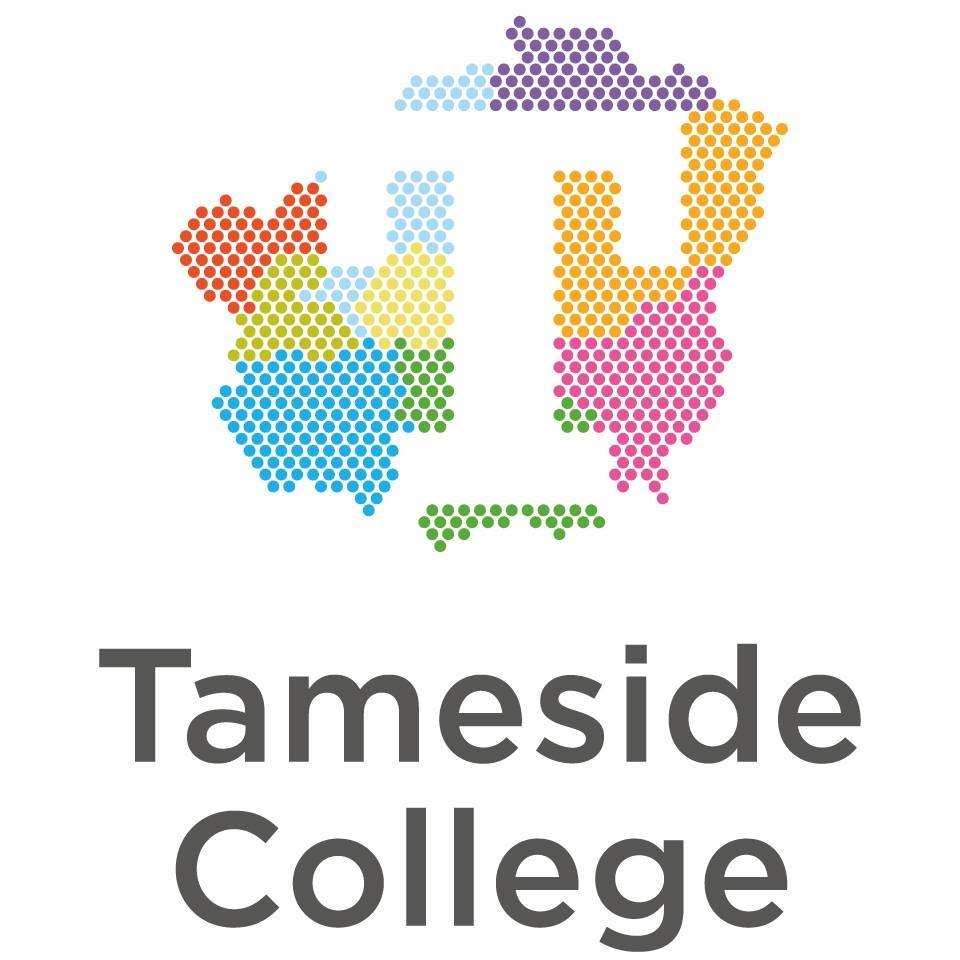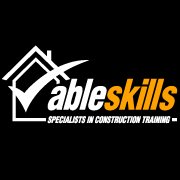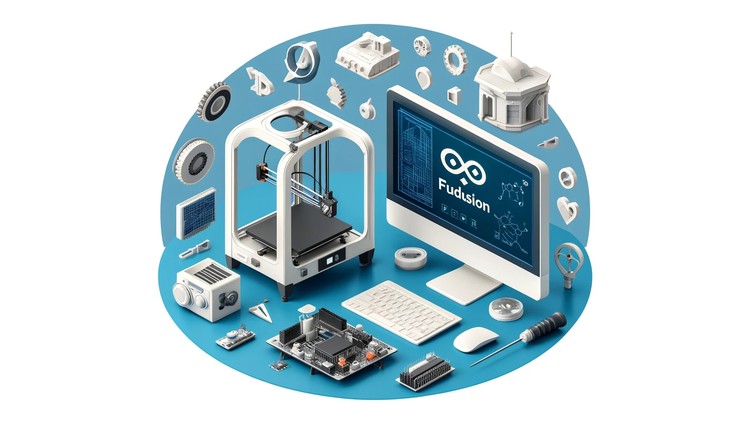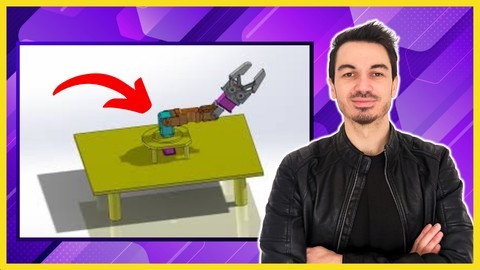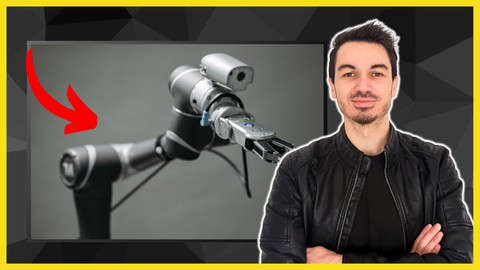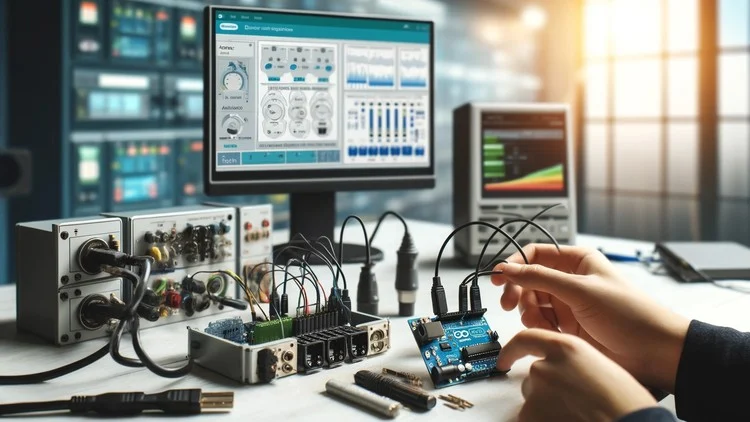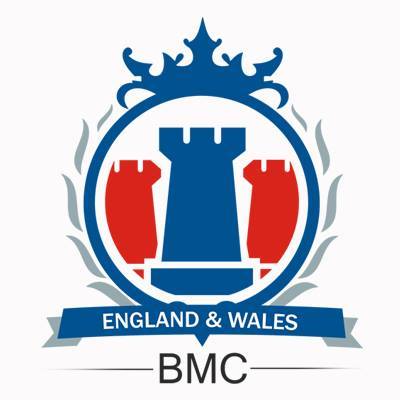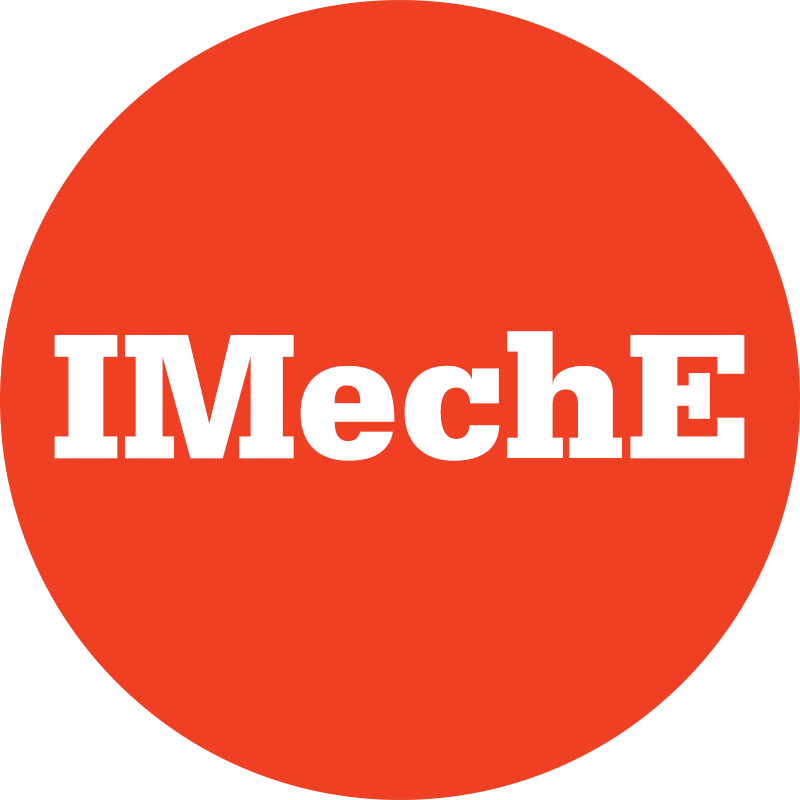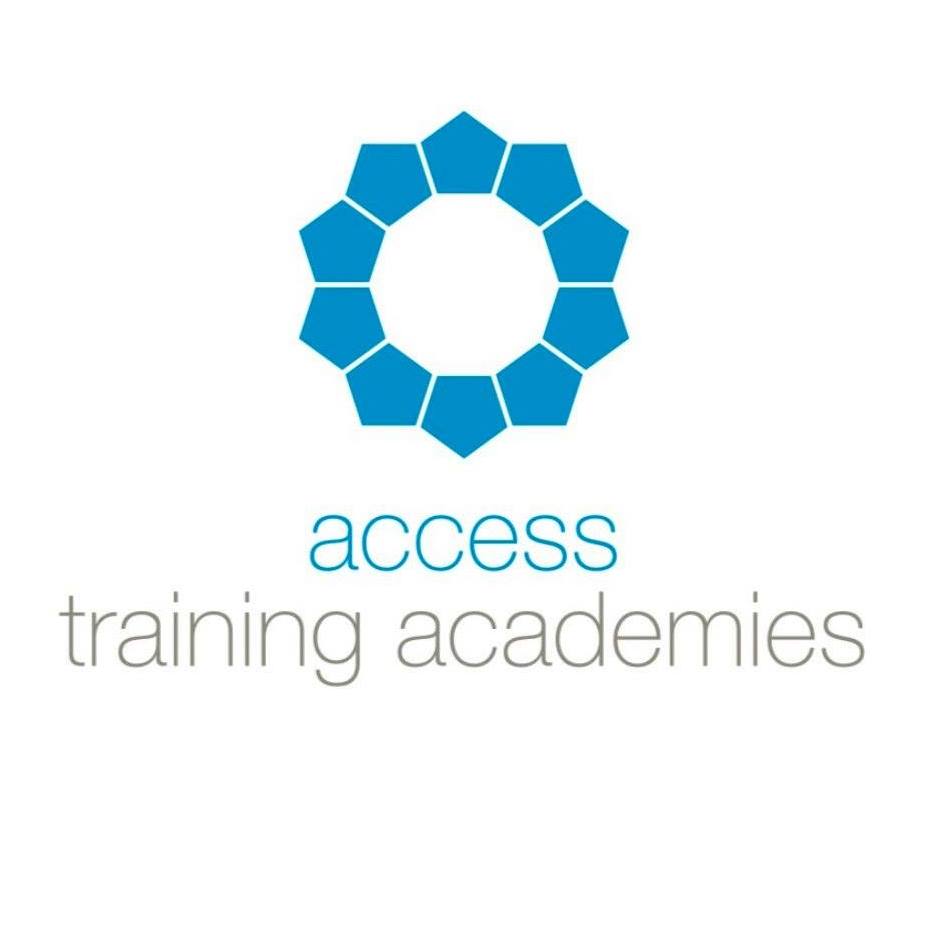Top 10 Engineering Courses in UK - Page 3
Discover Courses Tailored For You
Find the best courses to enhance your skills in various domains. Our diverse selection of courses will help you achieve your professional and personal goals.
Engineering students also learn
Study with Top Creative Specialists
Learn directly from top creative experts on CourseTakers. Enhance your skills with their practical insights and experience.
All Top 10 Engineering Courses in UK - Page 3
Planning to get an Engineering certification in the UK?
Here is a table of short courses in Engineering in the UK along with the duration and cost of the course:
|
Institute Name |
City |
Course Name |
Duration |
Course Fee |
|
MTC Marine Training Center |
Hamburg |
MAN Electronic Engines Operation and Analysis |
4 days |
£1,900 |
|
ICE Training |
London |
Temporary Works Design (Below Ground) |
1 day |
£308 |
|
Institution of Mechanical Engineers |
London |
A Guide to Additive Manufacturing |
3 hours |
£150 - £175 |
|
Make UK Technology Training Centre |
Birmingham |
Practical industrial electrical training course for engineers |
10 days |
£1,417 - £1,668 |
|
Avensys UK Ltd & Avensys UK Training |
Worcestershire |
Introduction to Medical Engineering |
3 days |
£749 |
|
The Institution of Engineering and Technology |
Birmingham |
Systems Engineering |
3 days |
£2,300 |
|
SETA - The Southampton Engineering Training Association Ltd |
London |
HNC level 4 - General Engineering |
2 years |
£3,000 per year |
|
Institution of Chemical Engineers (IChemE) |
Warwickshire |
Chemical Engineering for Other Engineers |
1 day |
£1,500 - £1,750 |
|
Uniper Technologies Limited Engineering Academy |
Birmingham |
Instrumentation and Controls Training Courses |
5 days |
£1,220 |
|
Solent University |
Southampton |
Small Vessel Chief Engineer - Applied Marine Engineering |
5 days |
£1,295 |
What are the Top Engineering Institutes in the UK?
1. MTC Marine Training Center - Hamburg
2. ICE Training - London
3. Institution of Mechanical Engineers - London
4. Make UK Technology Training Centre - Birmingham
5. Avensys UK Ltd & Avensys UK Training - Worcestershire
6. The Institution of Engineering and Technology - Birmingham
7. SETA - The Southampton Engineering Training Association Ltd - London
8. Institution of Chemical Engineers (IChemE) - Warwickshire
9. Uniper Technologies Limited Engineering Academy - Birmingham
10. Solent University - Southampton
What is the cost of Engineering short courses in the UK?
- As per the table shows, taking an Engineering class in the UK may cost from £150 up to £3,000.
- £150 is the cheapest cost when taking an Engineering class, wherein it is good for a 3-hour of a Guide to Additive Manufacturing class.
- On the other hand, an Engineering class in the UK may cost up to £3,000 (per year), that is good for a 2-year HNC level 4 - General Engineering.
- Mostly, the cost is being affected by how long the class will take
- It could be by the total number of hours (£150 - £175), days (£308 - £2,300), and years (£3,000 and up)
What is the duration of Engineering short courses in the UK?
- Taking an Engineering course in the UK has variations of options when it comes to its duration. It can be by number of hours, days, weeks, and months.
- As shown on the table, the shortest duration in taking an Engineering course in the UK is good for 3 hours.
- Contrarily, the longest period will take up to 2 years.
What is the salary of an Engineer in the UK?
The average salary of an Engineer in the UK is £35,607 per year.

